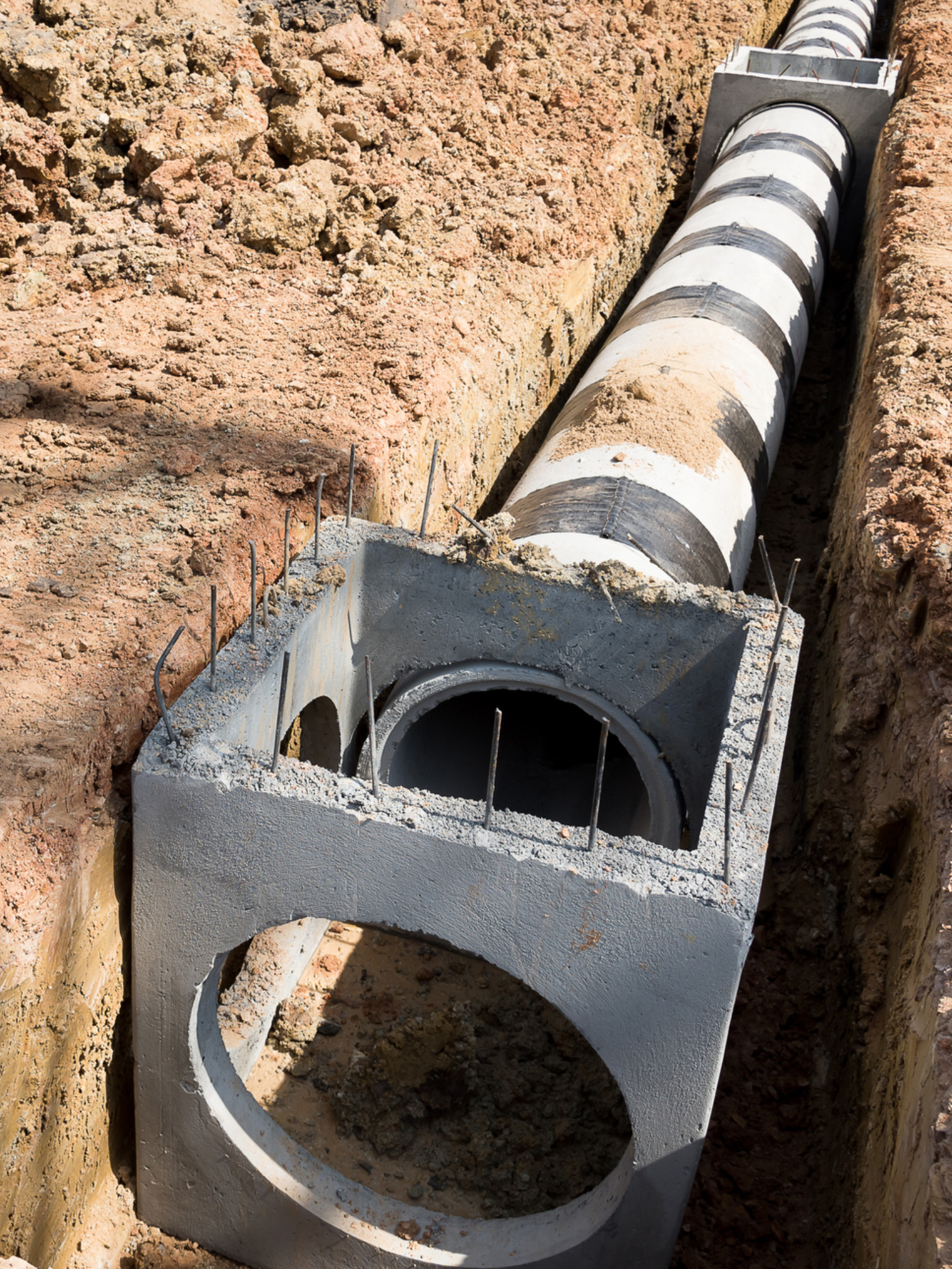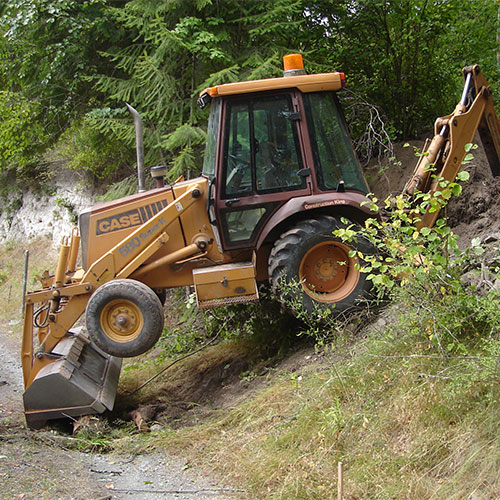Dump Truck Companies in Ohio - Reliable Dump Truck Services Across Ohio
Dump Truck Companies in Ohio - Reliable Dump Truck Services Across Ohio
Blog Article
Comprehensive Excavation Approaches: Understanding the Principles for Success
The mindful preparation, exact execution, and meticulous attention to information needed in excavation projects demand a thorough strategy that includes different basic aspects. The real proficiency exists not simply in understanding these basics but in perfectly incorporating them to browse the complexities of excavation jobs with skill.
Comprehending Excavation Project Preparation

Successful excavation tasks are improved the structure of precise and detailed planning. The preliminary stage of any type of excavation task is the drawing board, where critical decisions are made that can dramatically impact the end result of the project. During this phase, it is important to gather all pertinent information regarding the site, including topographical studies, soil make-up, and any prospective threats that may exist. Recognizing the task budget, timeline, and scope restrictions is vital for developing a comprehensive excavation plan that guarantees the task's success.
One key aspect of excavation project preparation is the growth of a thorough timeline that lays out the series of tasks, landmarks, and due dates. This timeline serves as a roadmap for the project group, permitting them to track progression and make essential changes to make sure the project remains on timetable. Furthermore, a well-defined budget plan that represents all expenses, consisting of tools leasing, labor prices, and products, is essential for preventing price overruns and delays. By carefully taking into consideration all these elements throughout the drawing board, excavation projects can be implemented efficiently and properly, resulting in effective results.
Soil Evaluation and Website Evaluation
Carrying out detailed soil analysis and site assessment is an essential action in the preparation phase of any type of excavation job. Dirt evaluation entails determining the composition, structure, and buildings of the soil at the excavation site. This information is important for comprehending the dirt's bearing capacity, moisture content, and potential for erosion, which are vital aspects in identifying the excavation techniques and devices needed for the project.
Site evaluation surpasses dirt evaluation and incorporates a broader analysis of the total website conditions. This assessment includes identifying any kind of possible dangers, such as underground energies, environmental issues, or unsteady surface, that could affect the excavation process. By completely reviewing the site, job supervisors can establish efficient excavation techniques that focus on security, efficiency, and environmental management.
Using advanced modern technologies like ground-penetrating radar, dirt sampling, and drone studies can improve the accuracy and performance of soil analysis and website assessment. Spending time and resources in these preliminary actions can ultimately conserve time and stop costly hold-ups or problems throughout the excavation process.
Tools Choice and Utilization
Reliable excavation jobs count heavily on strategic devices selection and use to guarantee optimum performance and performance. Choosing the appropriate devices for the job is crucial in taking full advantage of effectiveness and reducing downtime. Variables such as the kind of dirt, depth of excavation, and task range play a significant duty in figuring out one of the most appropriate tools for the job handy.

In enhancement to picking the proper devices, appropriate application is essential to job success. Operators should be trained to handle the tools securely and effectively - lancaster trenching. Routine maintenance checks and prompt repairs aid stop malfunctions and guarantee consistent performance throughout the task
Precaution and Regulations Compliance
In the world of excavation jobs, prioritizing safety measures and conformity with laws is extremely important to making certain a legitimately sound and secure functional atmosphere. Safety measures include a series of practices, consisting of conducting comprehensive website evaluations, implementing correct signage and obstacles, and offering adequate security training for all personnel associated with the excavation process. Adherence to laws, such as OSHA demands in the United States, makes certain that the excavation job satisfies the necessary requirements to protect employees, bystanders, and the surrounding setting.
Monitoring Progress and Adjusting Approaches
Just how can project managers successfully track the advancement of excavation tasks and adjust their techniques as necessary to optimize results? Tracking progression is vital for ensuring that excavation projects stay on track and satisfy target dates.

Final Thought
Finally, understanding the fundamentals of comprehensive excavation methods is necessary for the success of any task. By comprehending project preparation, evaluating dirt and site problems, selecting appropriate tools, complying with safety and security policies, and monitoring progress, job managers can make sure a smooth and effective excavation process. Applying these strategies will certainly cause successful end results and lessen potential threats or troubles throughout the excavation task.
The first stage of any kind of excavation project is the planning phase, where important decisions are made that can considerably affect the outcome of the task. Comprehending the task scope, spending plan, and timeline restraints is important for developing an extensive excavation strategy that makes certain the task's success.
How can predict managers effectively track the advancement of excavation jobs and adjust their approaches appropriately to enhance results? By very closely checking development and being willing to adjust approaches, job managers can boost the total success of excavation projects.
By understanding project planning, analyzing dirt and website problems, choosing proper devices, conforming with security policies, and keeping track of progress, project supervisors can make certain a effective and smooth excavation process.
Report this page